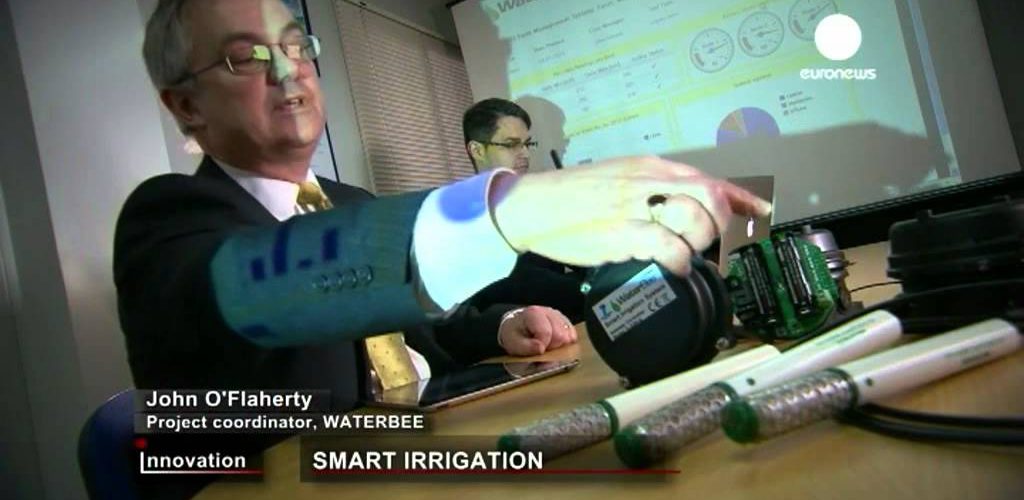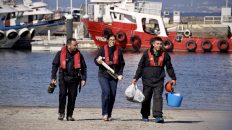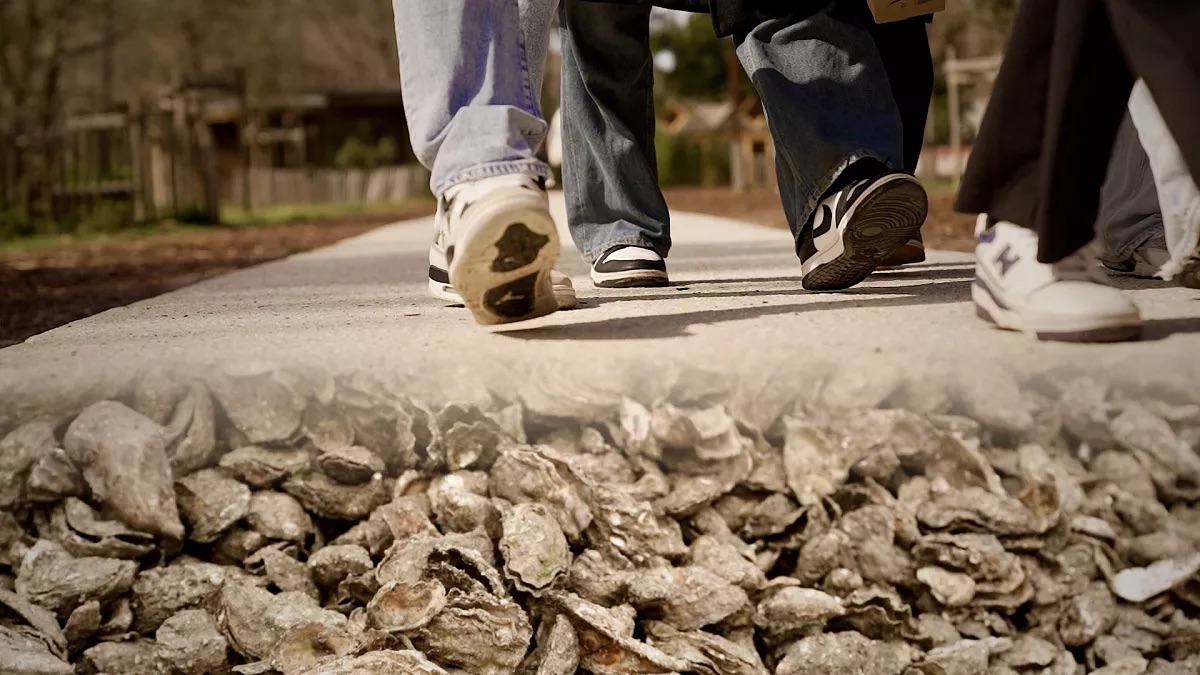A new irrigation system – Waterbee – is set to reduce costs and save water.
John O’Flaherty, the project coordinator for Waterbee, explained: “We’ve developed a smart irrigation system that will save 40 percent of water in irrigation. And we expect it to have a big impact because 60 percent of all fresh water globally is used for irrigation.”
Water is a precious commodity, especially in regions where rainfall is scarce. For farmers, smart irrigation means better crops for less outlay.
Growers in Spain have been among the first to try the new smart irrigation system – it lets them know when to switch their watering system on or off depending on the levels of moisture in the soil. It knows exactly how much water any crop needs to be fully grown by the day it is picked.
John O’Flaherty explained that the system involved positioning nodes with sensors – standard sensors – in the ground. The nodes then communicate via wifi to a gateway connected to a webpage on the internet which is accessible to the grower.
The developers say this system should be very cost-effective: it uses affordable components, and farmers can check the recommendations via any smartphone, tablet or computer.
Developed within an EU-funded project, this smart irrigation system is now being trialed in various climates in Spain, Estonia, Italy, Malta, Sweden and the UK. The potential market could be worth half a billion euros in Europe alone.





